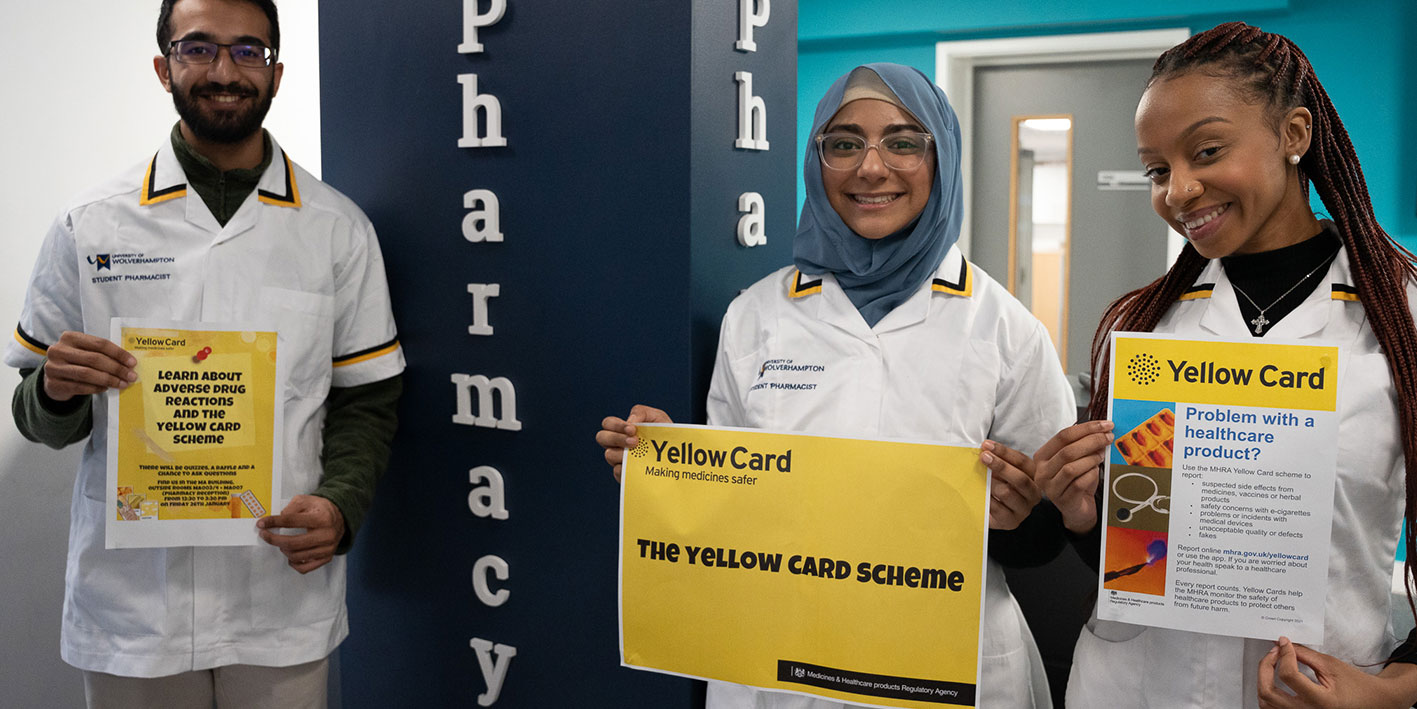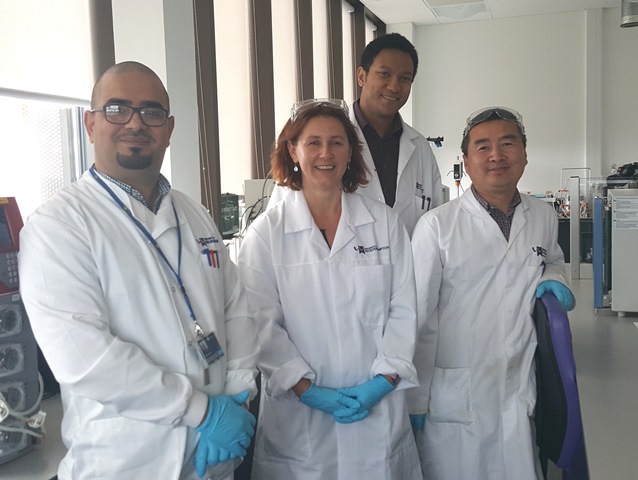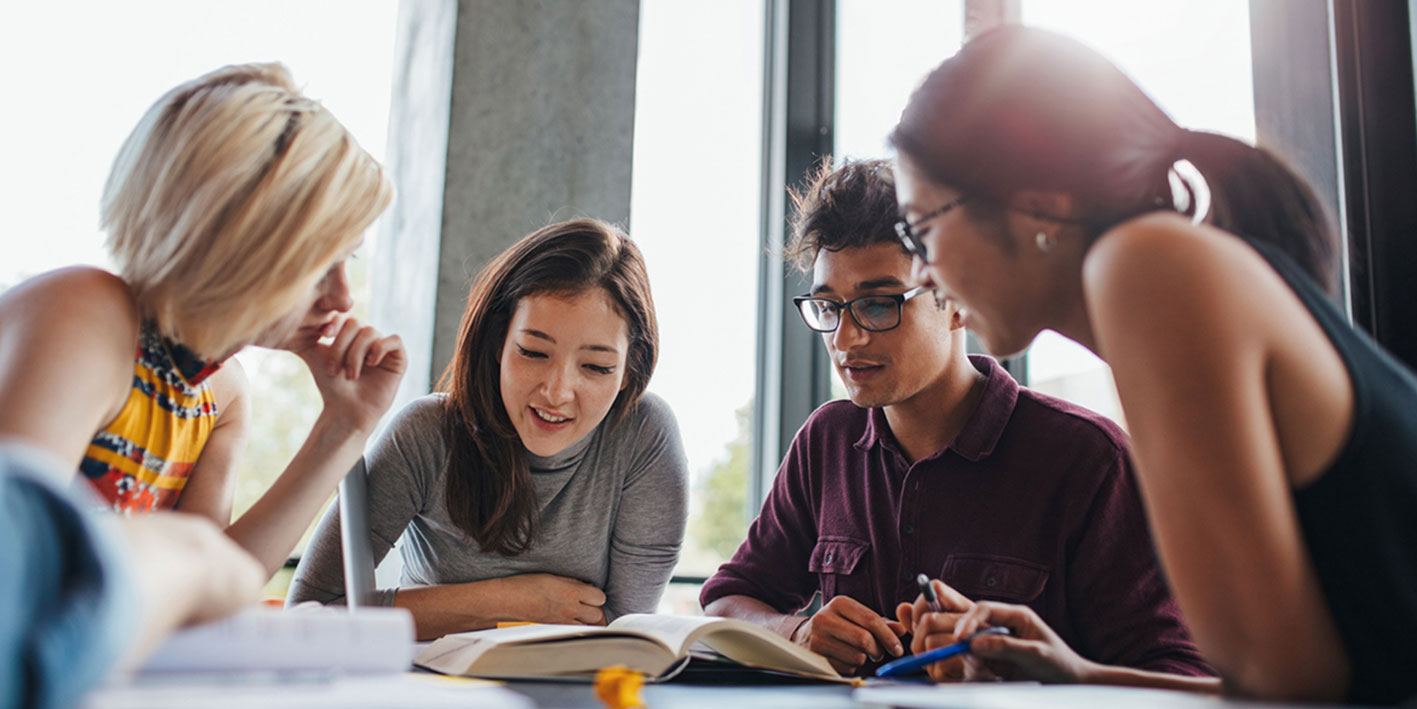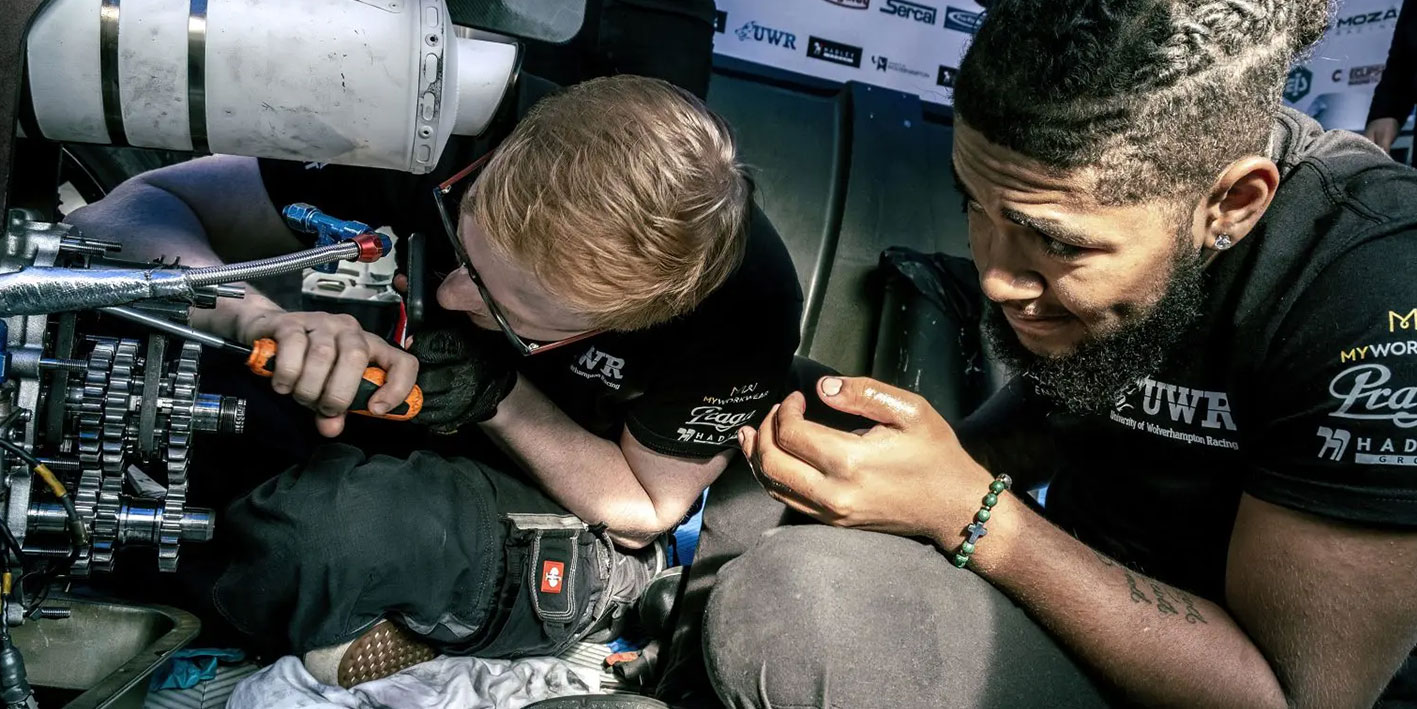
University pioneers ‘King Midas’ approach - turning plastic waste into high value materials
Old water bottles and other plastic waste are being turned into high value materials thanks to work by University of Wolverhampton scientists.
Working with international partners, the University is pioneering its ‘King Midas’ approach, making different types of biodegradable polymers for use in agriculture, medicine and general household items.
Plastic waste is being converted into a pliable wax-like substance to which other elements can be added, turning it into a high-value, biodegradable form of bioplastic.
Dr Iza Radecka, Reader in Biotechnology at the University’s Faculty of Science and Engineering, and her colleague Professor in Synthetic/Polymer Chemistry Marek Kowalczuk are currently carrying out tests on the substance.

They are looking at possible uses, including an environmentally-friendly form of mulch for farming, as‘scaffolding’ on which to grow human cells and for items such as pens or bags.
“Mountains of plastic waste, including carrier bags, packaging and medical plastic wastes are buried in landfill sites around the world each year,” said Dr Radecka.
“Unfortunately plastics produced by the petrochemical industry are not biodegradable and therefore accumulate in the environment at a rate of more than 25 million tonnes per year. This continues to pose a growing challenge for authorities at both the local and national level.
“Waste Polyethylene (PE) is a potential carbon source that could be utilised to make value-added biopolymers, particularly as it is the most commonly produced plastic, making up over 29 per cent of worldwide plastic manufacture, while only 10 per cent of it is recycled.
“Bacterial polymers such as Polyhydroxyalkanoates (PHA) are a group of biocompatible, environmentally neutral, biodegradable plastics that can be produced by certain bacteria. The structure of the PHAs can be adapted for a wide range of medical applications, especially implants, including heart valve tissue engineering, vascular tissue engineering, bone and cartilage tissue engineering, as well as nerve conduit tissue engineering.”
The University is working in partnership with the The Centre of Polymer and Carbon Materials, Polish Academy of Sciences, in Poland, the Fraunhofer UMSICHT in Germany, the University of Bologna, Italy, the Department of Chemical Organic Technology and Petrochemistry, Silesian University of Technology, Poland and Recycling Technologies Ltd, based in Swindon.
Dr Radecka said there were still challenges in developing biodegradable, high performance bacterial plastics and much work still to be done.
Picture Caption from left to right: Dr Ibrahim Khalil Researcher, Dr Iza Radecka - Reader in Biotechnology, PhD student Brian Johnston and Dr Guozhan Jiang - postdoctoral researcher.
ENDS
For more information please contact the Corporate Communications Team.


/prod01/wlvacuk/media/departments/digital-content-and-communications/images-2024/240328-Varsity-Line-Up-Resized.jpg)
/prod01/wlvacuk/media/departments/digital-content-and-communications/images-18-19/220325-Engineers_teach_thumbail.jpg)
/prod01/wlvacuk/media/departments/digital-content-and-communications/images-2024/240404-Digital-Humanities-Training-Resized.jpg)
/prod01/wlvacuk/media/departments/digital-content-and-communications/images-2024/240320-Uzbekistan-Resized.jpg)
/prod01/wlvacuk/media/departments/digital-content-and-communications/images-2024/240229-The-Link-Resized.jpg)
/prod01/wlvacuk/media/departments/digital-content-and-communications/images-2024/240404-Pharmacy-Students-Resized.jpg)

